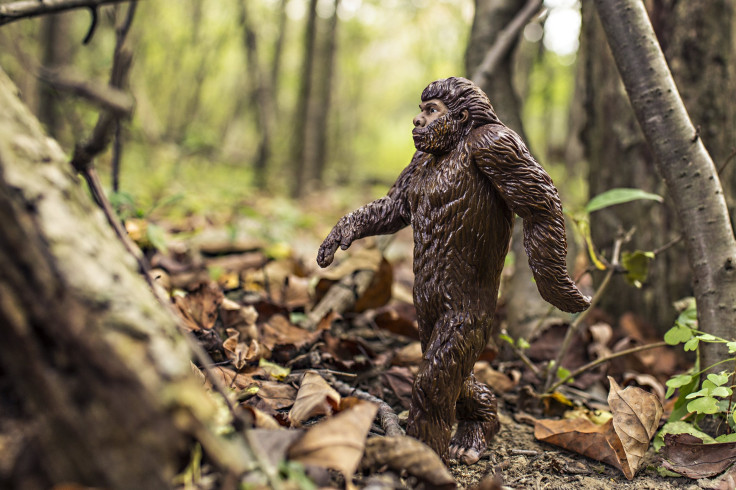What Are Humans Evolving Into, Or Out Of?

This question originally appeared on Quora. Answer by Emmanuel Fabella, ex-zoologist and practicing MD.
I'll answer factually, rather than speculatively or whimsically, taking into account the question details.
The data suggest that our species is evolving into:
- Delayed menopause. This allows longer reproductive spans for women, hence pushing back the biological clock.
- Lactase persistence. Tolerance to milk ingestion well into adulthood is unique to humans and only evolved in the last 10,000 years among some populations, although the majority of people worldwide remain lactase nonpersistent.
Aside from the appendix, tailbone and wisdom teeth, Homo sapiens is evolving out of:
- Muscles that move the ears. Too bad. I think girls who can wiggle their ears look cute.
- Goosebumps. The erector pili muscles that make our hair stand on end when we're scared served to make our hairy forebears seem larger and more imposing.
- Pheromone detection. The Vomeronasal organ appears to be still present in 92 percent of humans but is non-functional, despite what some commercials claim.

- Muscles that were previously adapted to arboreal living. The levator claviculae muscle is now rare and vestigial in humans, but present in gibbons and orangutans.
- The ability to synthesize vitamin C. The synthesizing enzyme L-gulonolactone oxidase is present in most mammals, but the gene encoding it has been deactivated in humans, and is now a pseudogene.
Addendum: To those who commented here and elsewhere that vestigialization or even lactase-persistence do not confer reproductive fitness, I recommend exploring the topic of the selection coefficient. The latter implies an efficiency to the evolutionary process, random though it may be, such that small survival advantages, including those from the ability to tolerate milk and the discardment of now-unnecessary musculature, would, over time, lead to the accumulation of favored alleles in the population, potentially reaching fixation. It is true, however, that selection pressure has markedly diminished in more modern times, as I have written in this answer: Emmanuel Fabella's answer to Human Evolution: If we evolved from unicellular to what we are (complex multi-cellular system) does that mean we'll further evolve into a more complex system with time?
More from Quora:



























